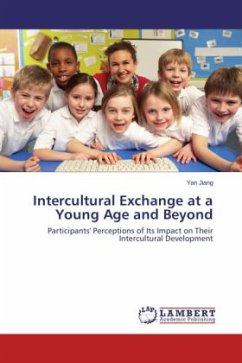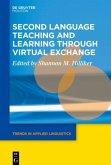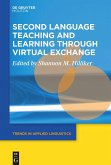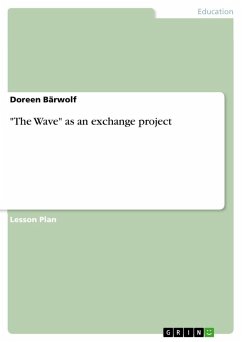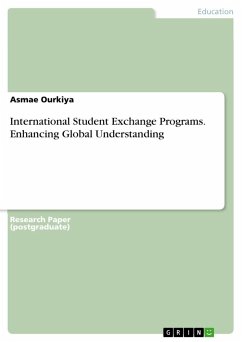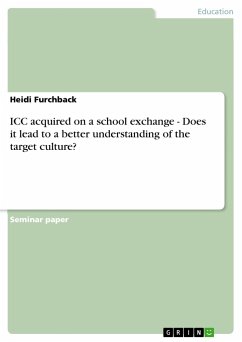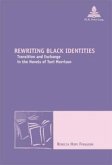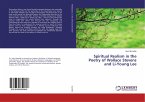Intercultural exchange programmes have been very popular among young people all over the world, especially school-aged children and adolescents. One of the key objectives of these programmes is to raise participants global citizenship and intercultural communicative competence. This book explores the intercultural learning experience of 11-year-old children in one intercultural Village organized by an international children s charity. It is found that children could flexibly and creatively employ various linguistic and interactional resources in their interactions in English as a lingua franca in the village despite their language disparity. Children s intercultural interactions constitute a privileged field of observation for their intercultural learning. It is also perceived by the participants that the intercultural experience they had at that young age had positive impact on their intercultural development in the short-term and long-term perspectives. This book should be of interest to researchers of intercultural communication and intercultural education or anyone who would like to reflect on their intercultural exchange experience.

